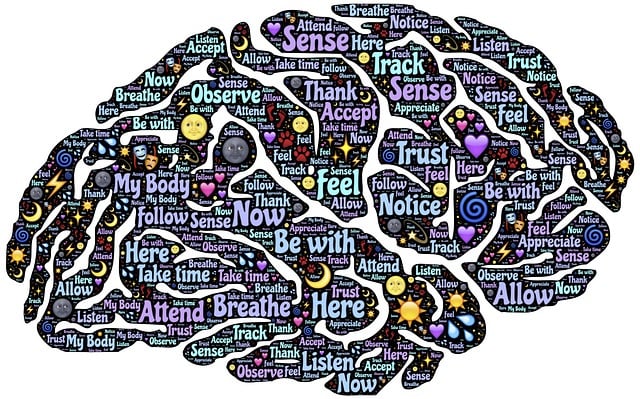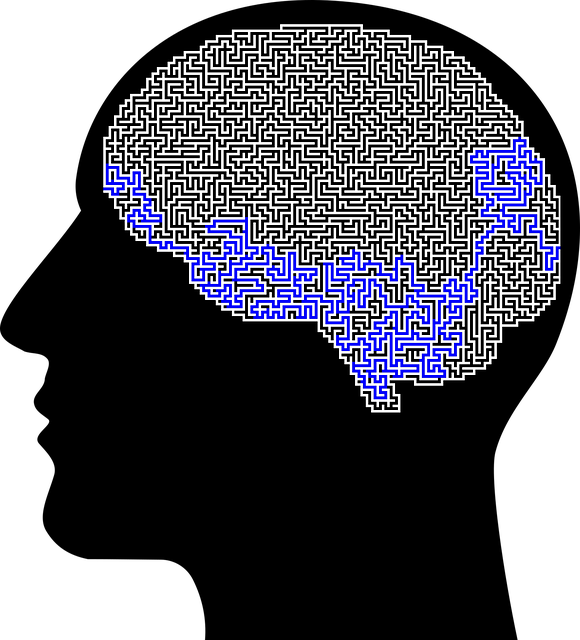Evaluating Broomfield Self-Esteem Therapy involves multi-faceted approaches: quantitative metrics like questionnaires and clinical interviews, qualitative insights from participant reflections, and long-term tracking. Feedback from individuals who have undergone the therapy is crucial for refining the program, integrating new techniques, and ensuring ongoing emotional well-being. This comprehensive evaluation method aims to sustain self-esteem and resilience over time through continuous quality enhancement and risk management strategies.
Mental wellness programs are gaining prominence, with effective evaluation methods crucial for their success. This article explores three key strategies to assess the impact of initiatives like Broomfield Self-Esteem Therapy. We delve into metrics and tools for evaluating therapy effectiveness, the power of participant feedback for continuous improvement, and long-term tracking to measure sustainability and growth in mental wellness outcomes.
- Assessing the Impact: Metrics and Tools for Broomfield Self-Esteem Therapy Evaluation
- Participant Feedback: Gathering Insights for Continuous Improvement
- Long-Term Tracking: Measuring Sustainability and Growth in Mental Wellness Programs
Assessing the Impact: Metrics and Tools for Broomfield Self-Esteem Therapy Evaluation

Evaluating the impact of Broomfield Self-Esteem Therapy involves assessing changes in participants’ emotional well-being and self-perception over time. Metrics such as self-report questionnaires, clinical interviews, and observer ratings can capture improvements in self-esteem, resilience, and coping strategies. These tools help track progress, identify treatment gains, and inform adjustments to the therapy program.
For instance, a mental wellness podcast series production focusing on mood management might incorporate pre- and post-therapy assessments using validated scales like the Rosenberg Self-Esteem Scale. Additionally, compassion cultivation practices can be evaluated through qualitative methods, such as participant reflections or feedback sessions, offering insights into their personal growth journeys and the overall effectiveness of Broomfield Self-Esteem Therapy.
Participant Feedback: Gathering Insights for Continuous Improvement

Participant feedback is a crucial component of evaluating mental wellness programs like Broomfield Self-Esteem Therapy. By actively soliciting insights from program participants, therapists and evaluators can gain valuable perspectives on the effectiveness of interventions, identify areas for improvement, and tailor services to better meet individual needs. This iterative process fosters continuous quality improvement, ensuring that the program remains dynamic and responsive to evolving mental health challenges.
Gathering feedback through various methods—such as post-program surveys, focus groups, or one-on-one interviews—allows participants to share their experiences, including perceived benefits, areas of challenge, and suggestions for enhancement. This information is invaluable in refining therapeutic techniques, integrating new strategies like Conflict Resolution Techniques and Mindfulness Meditation, and improving overall emotional regulation within the program framework.
Long-Term Tracking: Measuring Sustainability and Growth in Mental Wellness Programs

Long-term tracking is a vital component of evaluating mental wellness programs, ensuring that improvements in participants’ well-being are sustainable and measurable over time. By implementing consistent assessment methods at various intervals after program completion, professionals can gauge the longevity of positive outcomes. This approach is particularly relevant when considering programs like Broomfield Self-Esteem Therapy, where fostering lasting self-esteem and emotional resilience is a key goal.
Regular follow-up assessments allow researchers and therapists to identify patterns in participant progress, pinpoint areas requiring further attention, and refine treatment strategies accordingly. Incorporating communication strategies and risk management planning for mental health professionals is essential during this phase, ensuring that any potential setbacks or relapses are promptly addressed through effective emotional healing processes.
Evaluating mental wellness programs, such as the Broomfield Self-Esteem Therapy, is multifaceted. By employing various metrics and tools, assessing participant feedback, and tracking long-term outcomes, we can gain valuable insights into program effectiveness and ensure continuous improvement. This holistic approach allows for tailored adjustments, fostering sustainable growth in mental wellness among participants.














